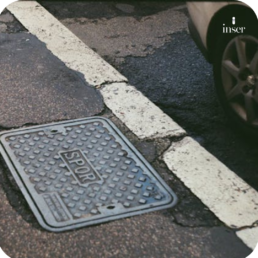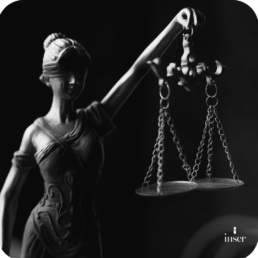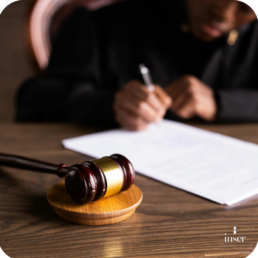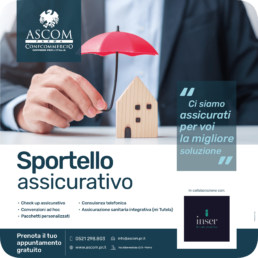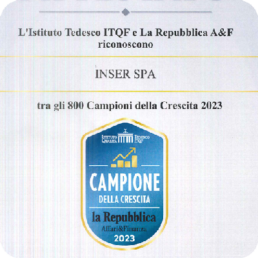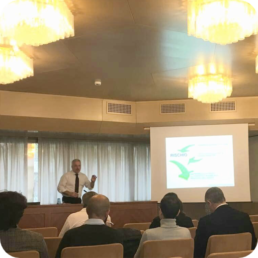Liability of the P.A. for the act of public servants and employees.

Article 2049 of the Civil Code, under the heading “liability of masters and principals,” regulates a form of liability for the act of others, i.e., the liability of the principal for the act of the principal.
This is a model that meets the need for maximum protection of the legal sphere of others and fulfills the function of raising the level of guarantee of the compensability of damages.Thus, the principal is liable by reason of the organizational role he or she plays, i.e., as a result of a special relationship that binds him or her to the material author of the harmful act.The provision is actually based on a fiction that reflects the principle “cuius commoda, eius et incommoda”: that is, the activity of the principal benefits the principal and that is why the system imputes it to the latter.There are three prerequisites required for the operation of Article 2049 of the Civil Code: i) that a third party has suffered unjust damage, as a result of a wrongful act; ii) that the wrongful act was caused by a “servant or clerk”; iii) that there is a relationship between the damage and the “duties” entrusted to the clerk (so-called “necessary relationship of occasionality”).The Public Administration can also be held liable as a result of the wrongful act, committed by public servants and employees.This liability is grounded in the relationship of organic immedesimation: the state and public bodies act through their organs, which do not constitute separate subjects, but organic articulations of the bodies in which they identify themselves.Therefore, the P.A. is immediately and directly liable for the wrongful acts of its officials and employees, whatever the duties performed by the latter (conceptual or orderly; intellectual or material).For such liability to arise, however, it is necessary that the conduct of the public employee be in some way referable to the Entity. In other words, the P.A. is liable under Articles 28 Const. and 2049 Civil Code only when the performance of public functions has been “condicio sine qua non” of the fact producing the damage.However, the link of occasionality is broken when it is proven that the agent's behavior (intentional or negligent) is not directed to the achievement of the institutional purposes proper to the office, but is determined by strictly personal and selfish motives, such as to exclude any connection of necessary occasionality between the duties entrusted to him and the activity productive of the damage. For further discussion:- Cass. Civ., SS.UU., no. 13246/2019;- Cass. Civ., no. 865/2024.




























